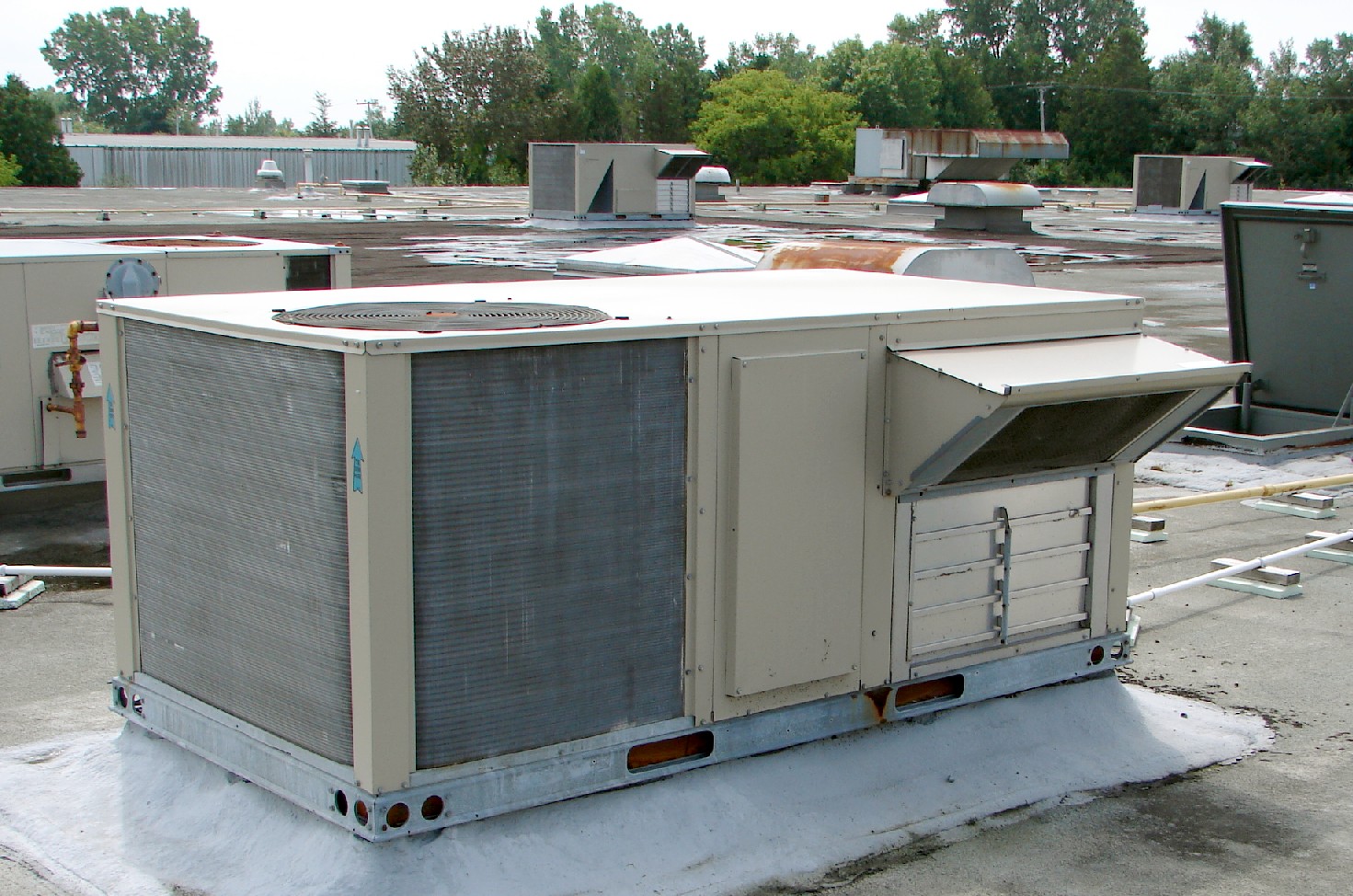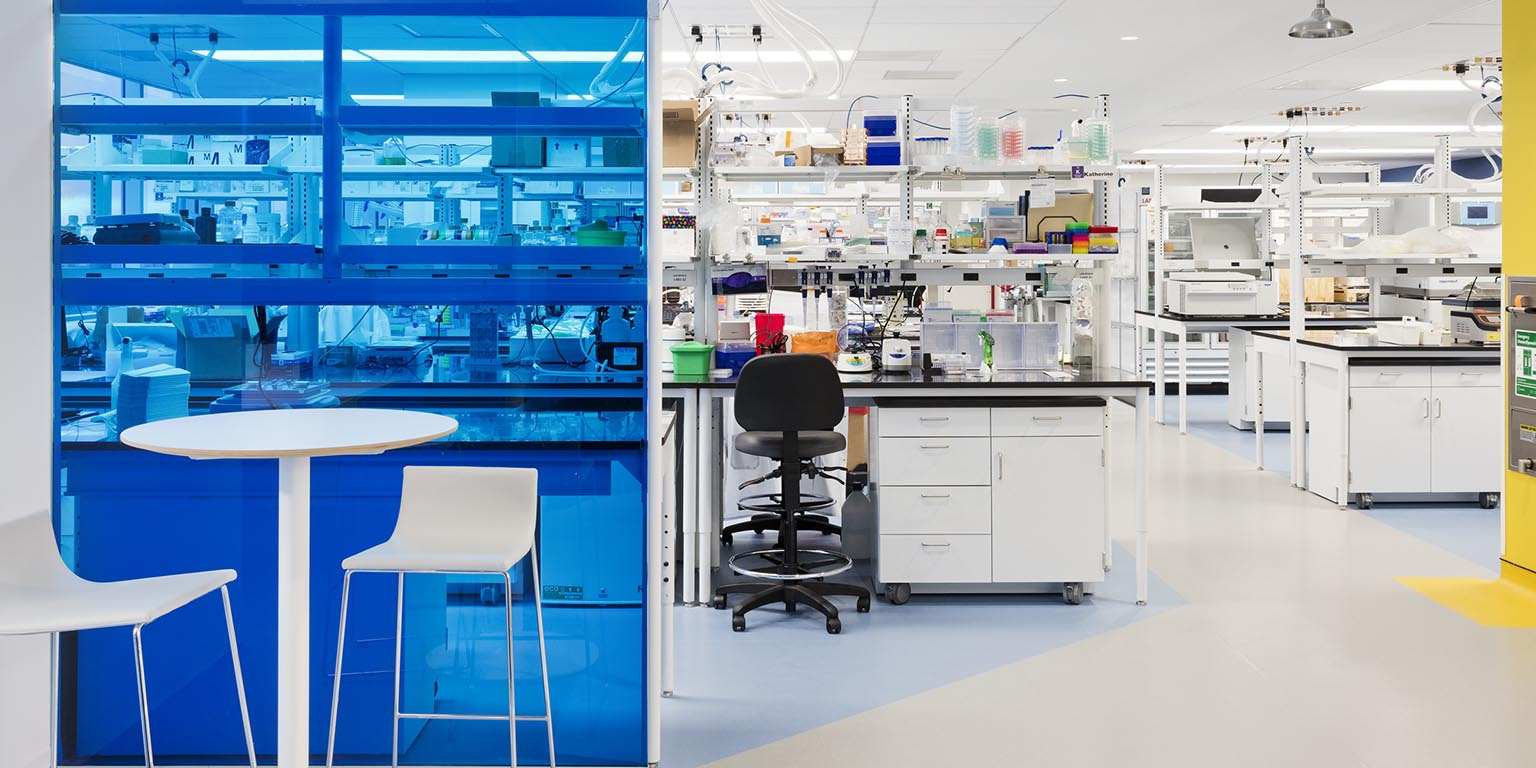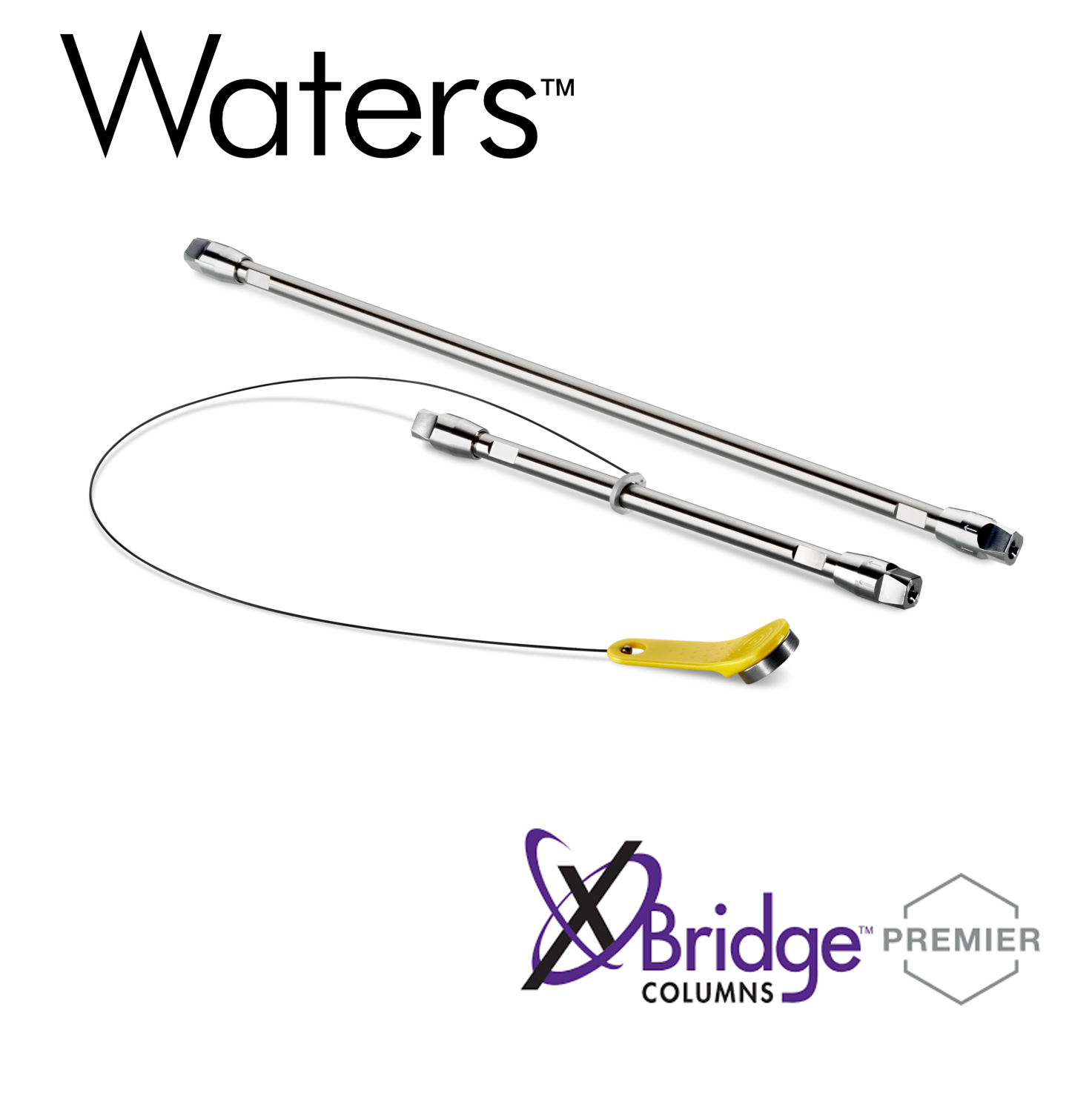Conventional vs specialized HVAC units

The Importance of HVAC Systems in Laboratories

In the realm of scientific research, laboratories serve as the bedrock of innovation, where groundbreaking discoveries are made and technological advancements are forged. The pursuit of knowledge and the quest for solutions to complex challenges demand a controlled and precise environment, where variables are meticulously managed to ensure the integrity and reliability of experimental results. Among the critical factors that influence the success of laboratory operations, **HVAC systems** play a pivotal role, providing the foundation for a stable and conducive research environment.
HVAC systems, encompassing heating, ventilation, and air conditioning, are essential for maintaining optimal temperature, humidity, and air quality within laboratories. These parameters are not mere conveniences but rather crucial determinants of experimental outcomes, influencing the accuracy, reproducibility, and safety of scientific endeavors. The delicate nature of many laboratory processes, involving sensitive reagents, biological samples, and sophisticated equipment, necessitates a tightly controlled environment to prevent contamination, degradation, and malfunction.
The impact of HVAC systems on laboratory operations extends beyond the immediate environment. Temperature fluctuations can affect the stability of reagents, leading to inaccurate measurements and compromised results. Humidity levels can influence the growth of microorganisms, potentially contaminating samples and jeopardizing experiments. Poor air quality can pose health risks to researchers and compromise the integrity of sensitive equipment. In essence, a well-designed and maintained HVAC system is not merely a comfort factor but a critical component of laboratory infrastructure, ensuring the reliability and validity of scientific research.
The importance of HVAC systems in laboratories is further underscored by the increasing complexity and sophistication of scientific research. Modern laboratories often house advanced equipment, such as high-throughput screening systems, mass spectrometers, and electron microscopes, which require precise temperature and humidity control for optimal performance. Moreover, the growing emphasis on biosafety and biosecurity necessitates robust HVAC systems to prevent the spread of infectious agents and ensure the safety of researchers and the surrounding community.
The need for specialized HVAC systems in laboratories arises from the unique demands of scientific research. Unlike conventional HVAC systems designed for general comfort, laboratory HVAC systems must cater to the specific requirements of scientific processes, ensuring precise temperature and humidity control, minimizing air contamination, and providing adequate ventilation for hazardous materials. The design and implementation of laboratory HVAC systems require a deep understanding of the scientific processes conducted within the laboratory, the specific requirements of equipment and materials, and the potential risks associated with hazardous materials.
The selection and implementation of appropriate HVAC systems for laboratories is a complex process that involves careful consideration of various factors, including the type of research conducted, the specific requirements of equipment and materials, the potential risks associated with hazardous materials, and the budget constraints. This decision-making process often involves collaboration between laboratory personnel, HVAC engineers, and other relevant stakeholders to ensure that the chosen HVAC system meets the specific needs of the laboratory and complies with relevant safety regulations.
In the following sections, we will delve into the intricacies of conventional and specialized HVAC systems, exploring their respective advantages and disadvantages, and examining their suitability for different types of laboratories. By understanding the nuances of these systems, laboratory managers, researchers, and procurement professionals can make informed decisions regarding the selection and implementation of HVAC systems that optimize the performance and safety of their laboratories.
The Crucial Role of HVAC Systems in Laboratory Environments
The scientific community relies heavily on controlled environments to ensure the accuracy and reliability of research findings. Laboratories, in particular, demand precise temperature, humidity, and air quality control to safeguard sensitive experiments, delicate equipment, and the well-being of researchers. This is where HVAC systems, or Heating, Ventilation, and Air Conditioning systems, play a pivotal role.
HVAC systems are not just about maintaining a comfortable temperature; they are essential for creating and maintaining the specific environmental conditions required for various scientific disciplines. From biological research to pharmaceutical development, chemical analysis to materials science, each field has unique requirements that HVAC systems must meet.
The importance of HVAC systems in laboratories cannot be overstated. They directly impact the quality of research, the safety of personnel, and the longevity of equipment. A malfunctioning or inadequate HVAC system can lead to:
- Compromised experimental results: Fluctuations in temperature, humidity, or air quality can significantly affect the outcome of experiments, leading to inaccurate data and wasted resources.
- Equipment damage: Sensitive instruments and equipment, such as microscopes, centrifuges, and analytical devices, can be damaged by extreme temperatures, humidity, or dust particles.
- Health risks for researchers: Poor air quality can lead to respiratory problems, allergies, and other health issues for lab personnel.
- Increased energy consumption: Inefficient HVAC systems can lead to higher energy bills and contribute to environmental pollution.
Therefore, selecting the right HVAC system for a laboratory is a critical decision that requires careful consideration of various factors, including the specific research activities, the size and layout of the lab, and the budget constraints.
Understanding the Differences: Conventional vs. Specialized HVAC Units

The traditional approach to laboratory HVAC has often relied on conventional systems designed for general commercial or residential applications. While these systems can provide basic temperature and humidity control, they may not be suitable for the demanding requirements of modern laboratories.
Specialized HVAC units, on the other hand, are specifically engineered to meet the unique needs of laboratory environments. They offer advanced features and capabilities that are essential for maintaining optimal conditions for research and development.
Here's a breakdown of the key differences between conventional and specialized HVAC units for laboratories:
Conventional HVAC Units
- Design: Typically designed for general comfort and energy efficiency, not specifically tailored for laboratory environments.
- Temperature Control: Limited temperature control accuracy, often with wider temperature fluctuations.
- Humidity Control: Basic humidity control capabilities, may not be sufficient for sensitive experiments.
- Air Filtration: Standard air filters that may not effectively remove contaminants specific to laboratory environments.
- Energy Efficiency: Can be less energy efficient compared to specialized units, leading to higher operating costs.
- Maintenance: Requires regular maintenance to ensure optimal performance, but may not be as robust as specialized units.
Specialized HVAC Units
- Design: Engineered specifically for laboratory environments, considering factors like airflow patterns, contamination control, and equipment sensitivity.
- Temperature Control: Precise temperature control with narrow tolerances, ensuring consistent conditions for experiments.
- Humidity Control: Advanced humidity control systems that can maintain specific humidity levels for sensitive processes.
- Air Filtration: High-efficiency particulate air (HEPA) filters and other specialized filters to remove contaminants, including dust, bacteria, and volatile organic compounds (VOCs).
- Energy Efficiency: Designed for energy efficiency, incorporating features like variable-speed drives and intelligent controls.
- Maintenance: Robust construction and advanced monitoring systems for reduced maintenance requirements and increased reliability.
Factors to Consider When Choosing an HVAC System for Your Laboratory
The decision of whether to opt for a conventional or specialized HVAC system for your laboratory depends on several factors, including:
1. Research Activities and Environmental Requirements
The type of research conducted in the laboratory will dictate the specific environmental conditions required. For example, biological research often requires precise temperature and humidity control, while chemical analysis may necessitate a controlled atmosphere with minimal dust and VOCs.
Consider the following questions:
- What are the specific temperature and humidity ranges required for your research activities?
- What types of contaminants need to be controlled, such as dust, bacteria, or VOCs?
- Are there any specific airflow patterns or ventilation requirements for your laboratory?
- Do you have any sensitive equipment that requires specific environmental conditions?
2. Laboratory Size and Layout
The size and layout of the laboratory will influence the capacity and configuration of the HVAC system. Larger laboratories may require multiple units or a centralized system, while smaller labs may be suitable for a single, self-contained unit.
Consider the following questions:
- What is the total square footage of the laboratory?
- How many rooms or zones need to be controlled independently?
- Are there any obstacles or restrictions that may affect the installation of the HVAC system?
3. Budget Constraints
Specialized HVAC units typically have a higher initial cost compared to conventional systems. However, they can offer long-term cost savings through increased energy efficiency, reduced maintenance requirements, and improved research outcomes.
Consider the following questions:
- What is the available budget for the HVAC system?
- What are the long-term operating costs, including energy consumption and maintenance?
- Are there any incentives or rebates available for energy-efficient HVAC systems?
4. Future Expansion Plans
It's important to consider future expansion plans when selecting an HVAC system. A system that is adequate for current needs may not be sufficient if the laboratory expands or changes its research activities.
Consider the following questions:
- Are there any plans to expand the laboratory in the future?
- Will the research activities change or evolve over time?
- Is the chosen HVAC system scalable to accommodate future growth?
Specialized HVAC Systems for Specific Laboratory Applications
Specialized HVAC systems are designed to meet the unique requirements of various laboratory applications. Here are some examples:
1. Biological Laboratories
Biological laboratories often require precise temperature and humidity control to maintain the viability of cell cultures, microorganisms, and other biological samples. Specialized HVAC systems for biological labs typically feature:
- High-efficiency HEPA filters: To remove airborne contaminants that could compromise cell cultures or introduce unwanted microorganisms.
- Precise temperature and humidity control: To maintain optimal conditions for cell growth and experimentation.
- Ultraviolet (UV) germicidal lamps: To sterilize the air and prevent the spread of microorganisms.
- Positive pressure ventilation: To prevent the entry of contaminants from outside the laboratory.
2. Chemical Laboratories
Chemical laboratories often deal with volatile chemicals and hazardous materials that require specialized ventilation and air filtration systems. Specialized HVAC systems for chemical labs typically feature:
- Chemical-resistant materials: To withstand the corrosive effects of chemicals.
- Exhaust systems: To remove hazardous fumes and vapors from the laboratory.
- Carbon filters: To absorb and neutralize VOCs and other harmful gases.
- Emergency ventilation systems: To provide rapid air exchange in case of a chemical spill or release.
3. Pharmaceutical Laboratories
Pharmaceutical laboratories require strict environmental controls to ensure the quality and safety of drug products. Specialized HVAC systems for pharmaceutical labs typically feature:
- Cleanroom technology: To minimize particulate contamination and maintain a controlled environment for drug manufacturing.
- High-efficiency HEPA filters: To remove airborne particles that could contaminate drug products.
- Differential pressure control: To maintain a positive pressure in cleanrooms and prevent the entry of contaminants.
- Temperature and humidity monitoring systems: To ensure consistent environmental conditions throughout the manufacturing process.
4. Materials Science Laboratories
Materials science laboratories often require controlled environments to prevent contamination and ensure the accuracy of experiments. Specialized HVAC systems for materials science labs typically feature:
- Dust-free environments: To minimize the impact of dust particles on sensitive materials and experiments.
- Temperature and humidity control: To maintain optimal conditions for materials processing and characterization.
- Vibration isolation: To minimize vibrations that could affect sensitive equipment and experiments.
- Electrostatic discharge (ESD) protection: To prevent damage to sensitive electronic equipment.
Conclusion
Choosing the right HVAC system for your laboratory is a critical decision that can significantly impact the quality of your research, the safety of your personnel, and the longevity of your equipment. While conventional HVAC systems may be suitable for some applications, specialized units offer advanced features and capabilities that are essential for maintaining optimal conditions for modern scientific research.
By carefully considering the factors discussed above, you can select an HVAC system that meets the specific needs of your laboratory and ensures a controlled environment for conducting high-quality research.
Products You may Like
Check out other IT- Tech product that suit your taste
Subscribe to our newsletter
Stay updated with IT-Tech Insights
Related posts
Check out other IT- Tech Scientific Resources

Lab fire hazards and applicable codes
Laboratories are inherently prone to fire hazards due to the presence of flammable chemicals, electrical equipment, and potential ignition sources. This article provides an overview of these hazards and the applicable codes that govern fire safety in laboratory settings. It highlights the importance of implementing comprehensive fire safety protocols, including the use of fire extinguishers, sprinkler systems, and other fire fighting systems. By understanding the risks and adhering to relevant codes, laboratories can significantly reduce the likelihood of fire incidents and ensure the safety of personnel and equipment.

Selecting finishes and furniture for lab ergonomics
Selecting the right finishes and furniture for your lab is crucial for creating a comfortable and productive workspace. Ergonomics plays a vital role in minimizing fatigue and maximizing efficiency. This article explores key considerations for lab design, including choosing the right work surfaces, seating, and storage solutions. We'll also discuss the importance of lighting, ventilation, and noise control in creating a safe and comfortable environment for your researchers.

Introduction to lab gas distribution systems
Lab gas distribution systems are crucial for delivering essential gases to scientific instruments and experiments. These systems ensure safe, reliable, and controlled gas flow, minimizing risks and maximizing efficiency. This article explores the key components of a lab gas distribution system, including gas cylinders, regulators, manifolds, piping, and control valves. It also discusses design considerations such as material selection, pressure ratings, and safety features. Understanding the principles and benefits of lab gas distribution systems is essential for researchers and lab managers seeking to optimize their research environment and ensure the safety of their personnel.










































































